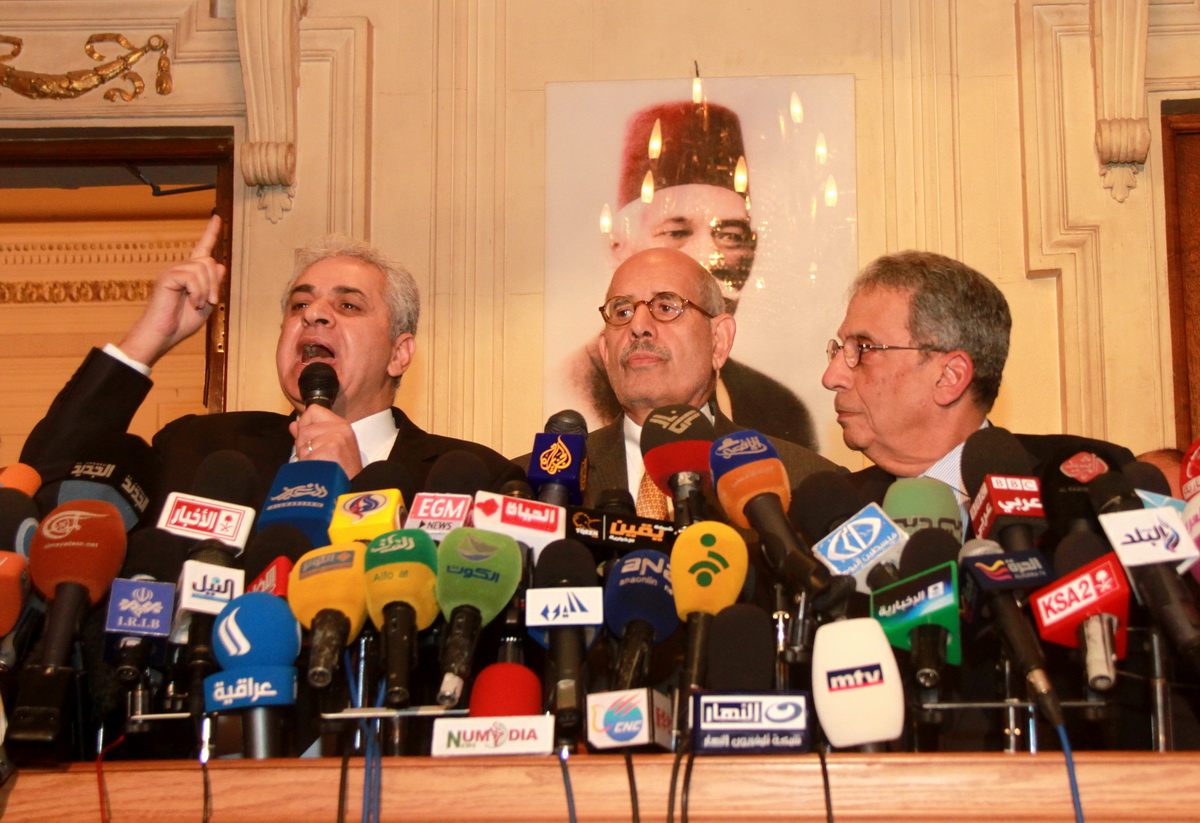Those deep, longing melodies sung by great legends from the Arab region known as Bilad El-Sham will always elicit a kind of nostalgic response.
Whether you’ve visited Lebanon, witnessed its paradoxical beauty hanging between love and war, or just read of its war-torn history, it is near-nigh impossible not to feel some sort of emotional urge to shed a tear when you hear its music.
This is partly why it was such a delight to have had the chance to experience the live performance of Lebanese group Tri-Orient at the opera last Monday. But Tri-Orient, made up of three sisters, all professional and musically trained performers, is not a conventional group.
The group sings the same songs, those songs that, having formed that backdrop to Lebanon’s colorful history, are also considered part of the Arabic heritage. However, one could say, they have developed their potential, crafting the basic melody into a multi-layered euphonious structure.
The Arabic tradition relies on the performance of the individual delivering the pieces in a single melody. Trio-Orient, however, have developed this idea and applied their classical musicianship to the tradition.
“We sing in different registers, each one of us taking a different voice and singing a different harmony. It’s something quite unusual in the Arab world, said Fadia, one of the Tri-Orient sisters.
The varying textures and ranges of the sisters’ voices, complete with the complex musical arrangements, transform the simple sketches of wistful songs such as Sayid Darwish’s “Zorouni Kol Sana Marra (Visit Me Once a Year), into elaborate oil painting. At one time, the ear picks out the deep, contralto tones of Fadia; other times, the soprano and sometimes the ear is drawn to all three voices at once jumping from one melody to another.
From the slow, soulful “O’men (Believe) to the energy-filled, passionate “Dibket Loubnania, the sisters never failed to amaze the audience, evoking a standing ovation, which the sisters gracefully greeted with an encore.
The trio began to work with the Rahbanni brothers at the age of 16. They were soon making regular appearances on Lebanese stage and television.
The reception of what is essentially a fresh way of treating the oft-sung ballads has been received with great enthusiasm. “They hear the tune, but naturally feel there is something different about its composition. It’s not really commercial music, but it’s not only cultural and intellectual music, it’s still very much easy listening.
Fadia studied music in Germany where she specialized in opera, and was already a well-established voice on the international opera scene when the sisters decided to unite once more and form Tri-Orient.
“We knew it was a little late to form a group, but we felt, since we were once more together in one place, that we should give it a try. It makes for a busy schedule, since we still have our personal projects.
Tri-Orient has already performed in Budapest, Canada, France, Belgium, Jordan and now in Egypt.
But singing in the Arab world, as Fadi explains, can be difficult. “This type of music is popular only with a minority. Classical, slow, traditional music doesn’t have a big audience, rather an intellectual niche audience. An Arab audience often doesn’t trust the melodies they don’t know.
From listening to Tri-Orient perform, the intricate harmonies, the ornate patterns and rhythms and the great workmanship that have been invested in the arrangements becomes clear. “The songs are all arranged by academic musicians who work on all musical possibilities for all sized performances. They are all Lebanese.
And listening to Tri-Orient is a thoroughly Lebanese experience; a dazzling combination of cross-cultural translations of the most stirring historic songs.
